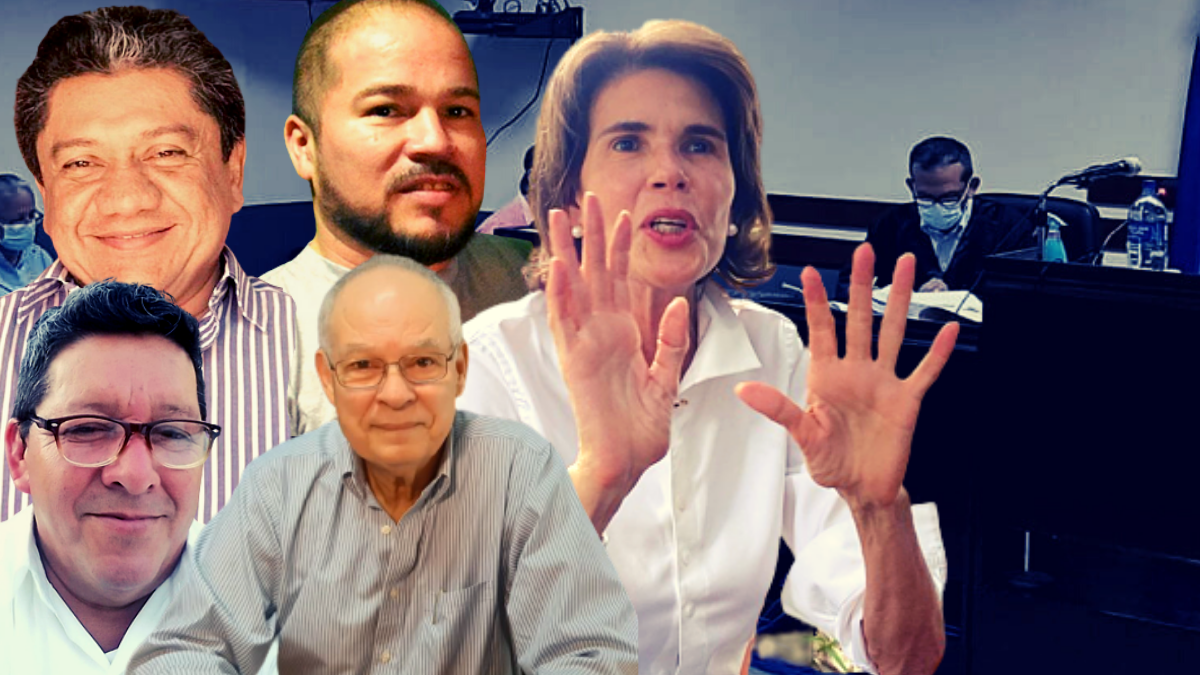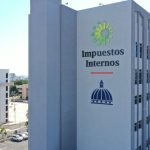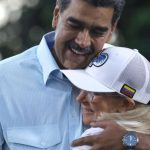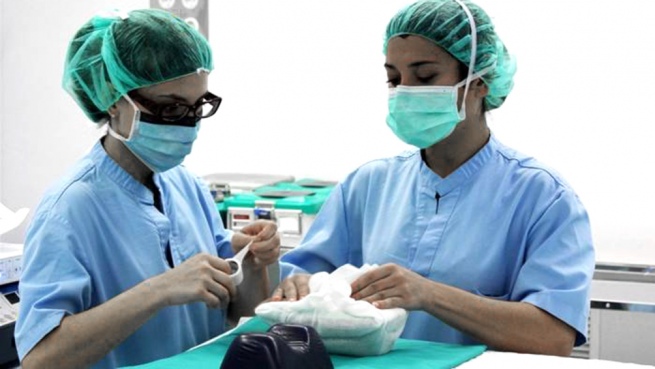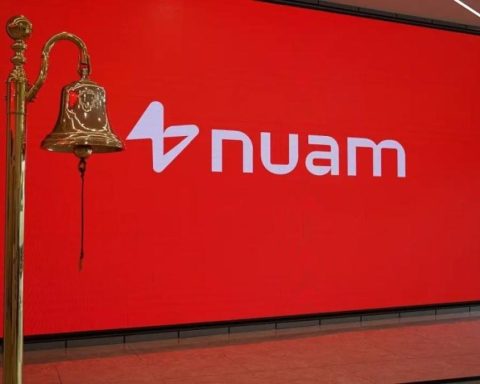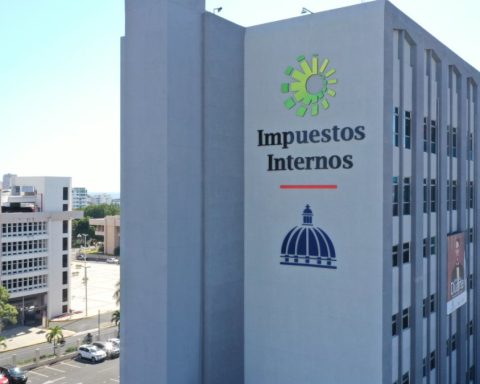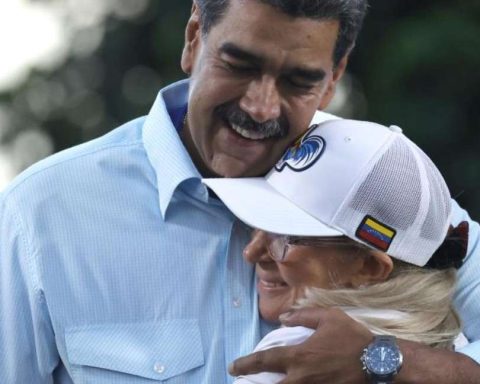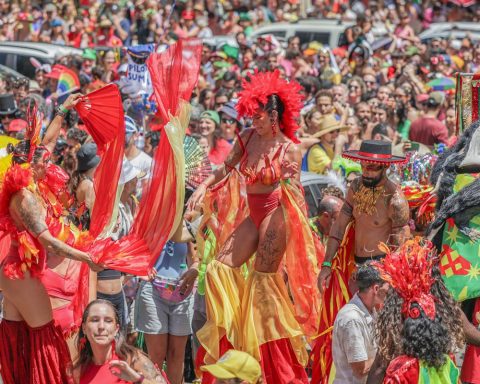In the political trial against the former workers and directors of the Violeta Barrios de Chamorro Foundation (FVBCH), the Prosecutor’s Office could not prove the “dirty” origin of the money; however, those mentioned were found guilty of crimes related to “money laundering”.
In an interview for the show This weeklawyer Maynor Curtis He stated that the prosecutor presented a large number of documents to support the testimonies of the 30 people who paraded before the judge as “witnesses”, who were mostly police officers. Despite this, according to the defender, it was not possible to prove the guilt of the prisoners of conscience.
“It was something impossible to prove, since the expert from the Economic Investigations Directorate of the National Police said in his preliminary report that he found indications of suspicious activities that could constitute the crime, but in itself that there is a direct conclusion about not money laundering,” Curtis said.
Related news: The Prosecutor’s Office asks for 13 years in prison for Cristiana Chamorro, the one who would defeat the Ortega dictatorship
He revealed that “the problem that arose for the Prosecutor’s Office and the demonstration of the crime of money laundering was that they could not demonstrate the dirty origin of the money; because when one of the defense attorneys asked the same expert from the Directorate of Economic Investigation, he was asked directly: Is USAID money dirty money? and he said: no».
According to the defender of Pedro Joaquín Chamorro Barrios, around 80% of donations received by the FVBCH came from funds from the United States Agency for International Development (USAID) and the rest from NGOs based in Europe.
Maynor Curtis explained on the program This Week that article 182 of the Criminal Procedure Code establishes six grounds for how people can be guilty of the crime of money laundering. The main basis of these causes lies “in having dirty money to later launder it and that dirty money refers to the fact that it comes from illicit activities, it is necessary to prove that type of illicit activities, in order to be able to say this money is dirty, now they are going to wash it».
He alleged that another condition that exists in money laundering, “is that this illicit money goes to the market through one or another figure, buys property, whatever it is and returns clean to the hands of the one who had it dirty.”
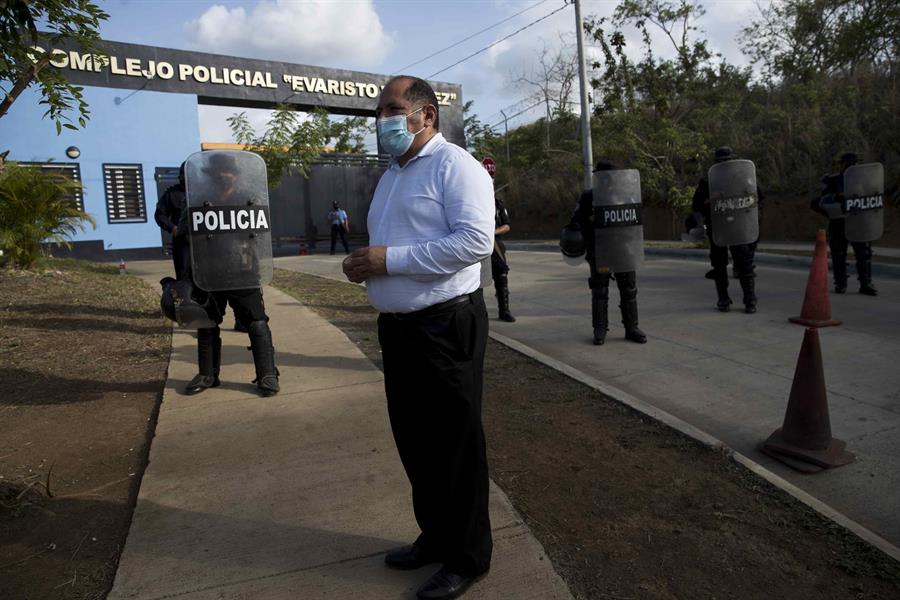
Curtis reiterated that the funds of the Violeta Barrios de Chamorro Foundation were “clean” and entered the organization “through electronic transfers that they made and the money left the Foundation and did not return.”
The lawyer highlighted that the marathon trial held at the Evaristo Vásquez Police Complex, known as “El nuevo Chipote”, has no legal basis and violates the Criminal Procedure Code.
“Article 121 establishes that the hearings must be held at the judicial headquarters, not at a police headquarters, we allege that, they did not give rise and constitute a violation of criminal procedural law and that causes nullity,” he said.
Related news: Regime convicts Cristiana Chamorro and former FVBCH workers. Prosecutor asks between seven and thirteen years in prison
On March 11, the Ninth Judge of the Criminal Trial District of Managua, Luden Martin Quiroz Garcia, issued a guilty verdict against five former employees of the defunct Violeta Barrios de Chamorro Foundation (FVBCH). Sentencing is scheduled for March 21.
As detailed by the Nicaraguan Center for Human Rights (Cenidh), the Prosecutor’s Office requested eight years in prison for Cristiana Chamorro, 13 for former FVBCH workers, Walter Gómez and Marcos Fletes; seven years for Pedro Vásquez, driver of the former candidate for the Presidency, and nine for Pedro Joaquín Chamorro, brother of Cristiana.
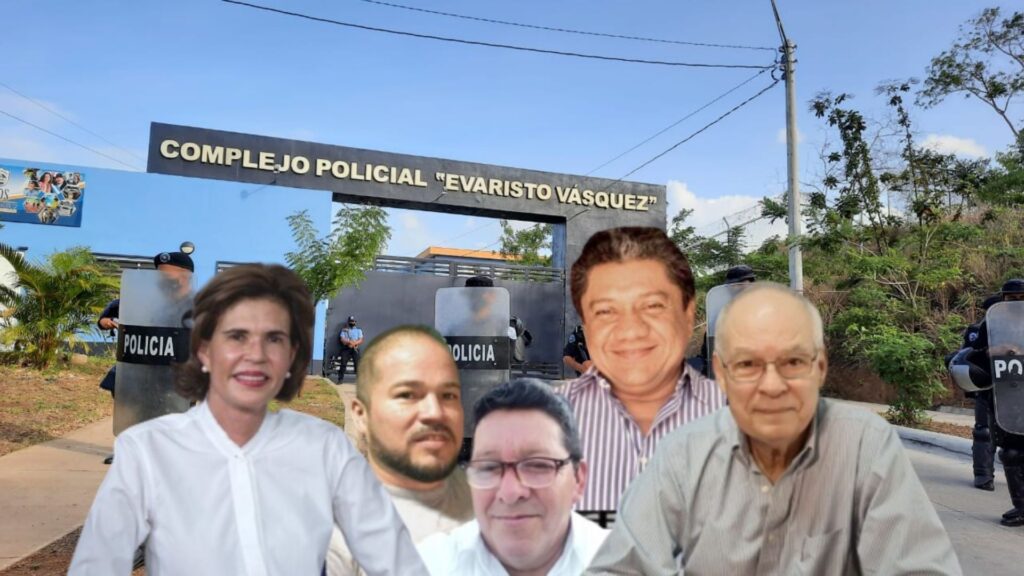
The judicial process that began on March 3 and ended on Friday, the 11th, was held in “El Nuevo Chipote”, where more than 30 hostages of conscience are also being held captive.
The daughter of former president Violeta Barrios de Chamorro, Gómez and Fletes were found guilty of the alleged crimes of abusive management, ideological falsehood, improper appropriation and retention, and money, property, and asset laundering, all of these crimes would have been committed through the FVBCH.
While Pedro Joaquín was blamed for abusive management, ideological falsehood, appropriation and improper retention, crimes also committed by the organization. The Ortega justice accuses Vásquez of being a necessary collaborator for the crime of laundering money, goods and assets.
The accusation by the justice of Daniel Ortega also includes the journalist Carlos Fernando Chamorro Christian’s brother; former employees of the FVBCH Guillermo Medrano, Lourdes Arroliga and Ana Elizabeth Martinez. The four defendants who are not detained are in exile due to the imminent threat of capture against them.
